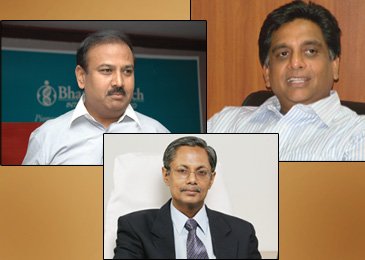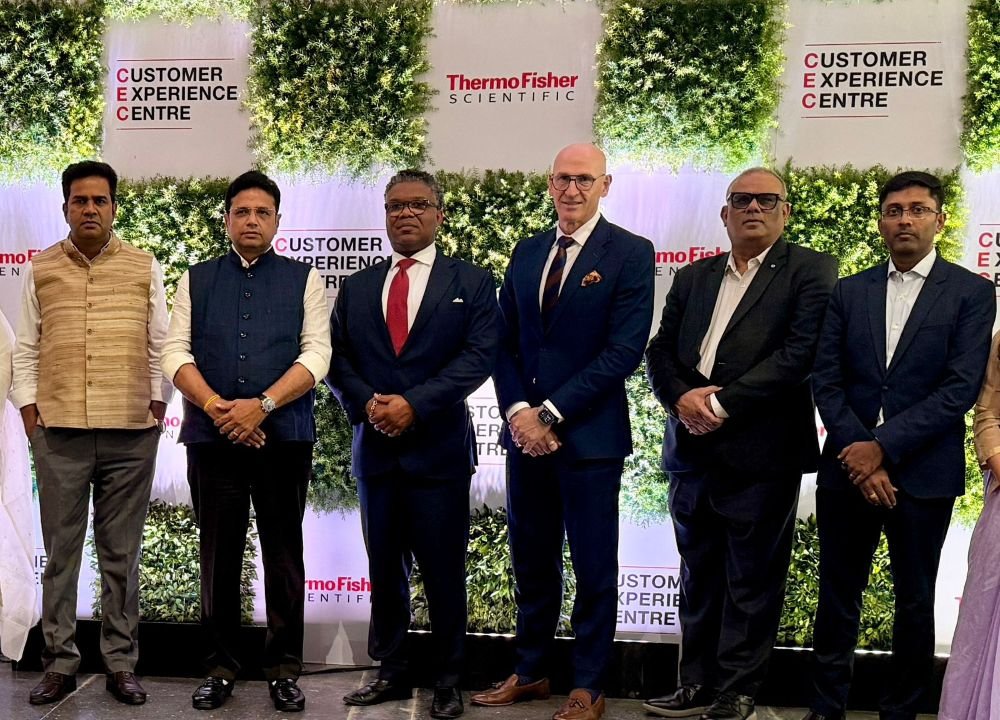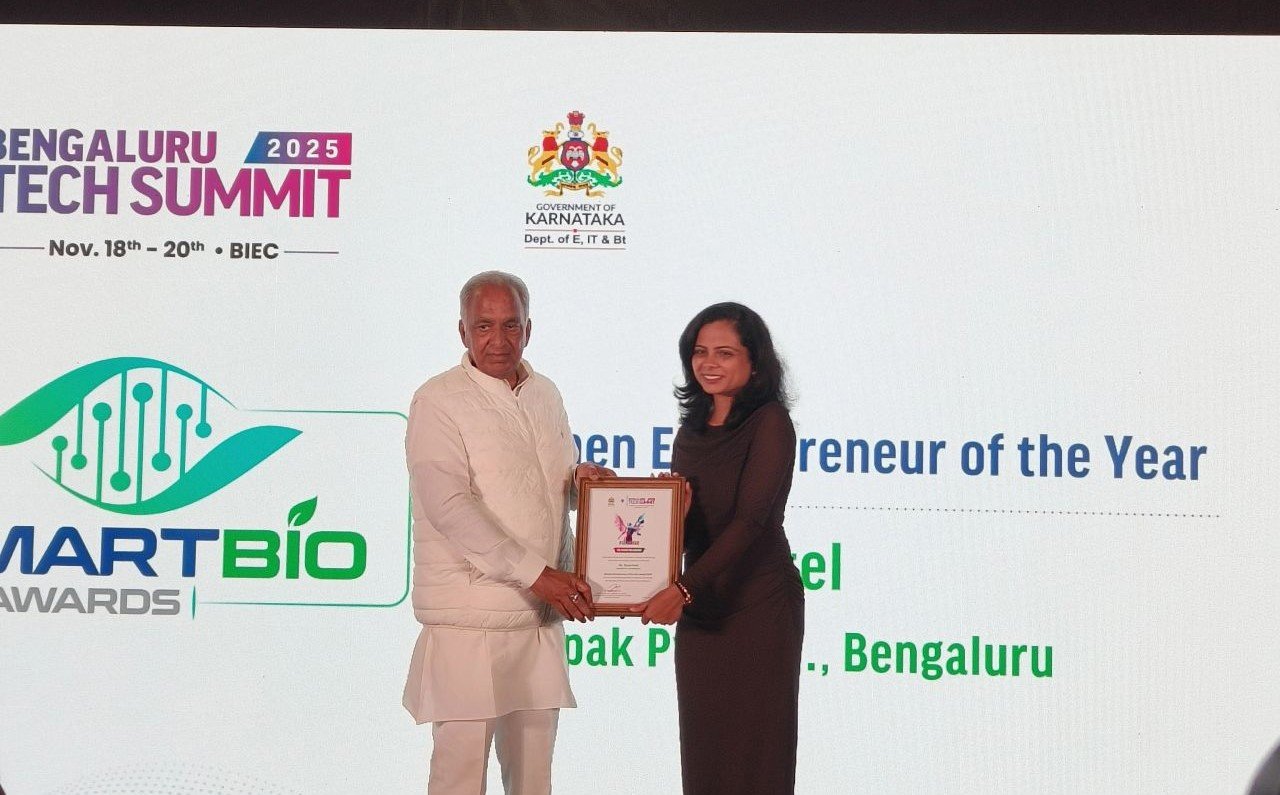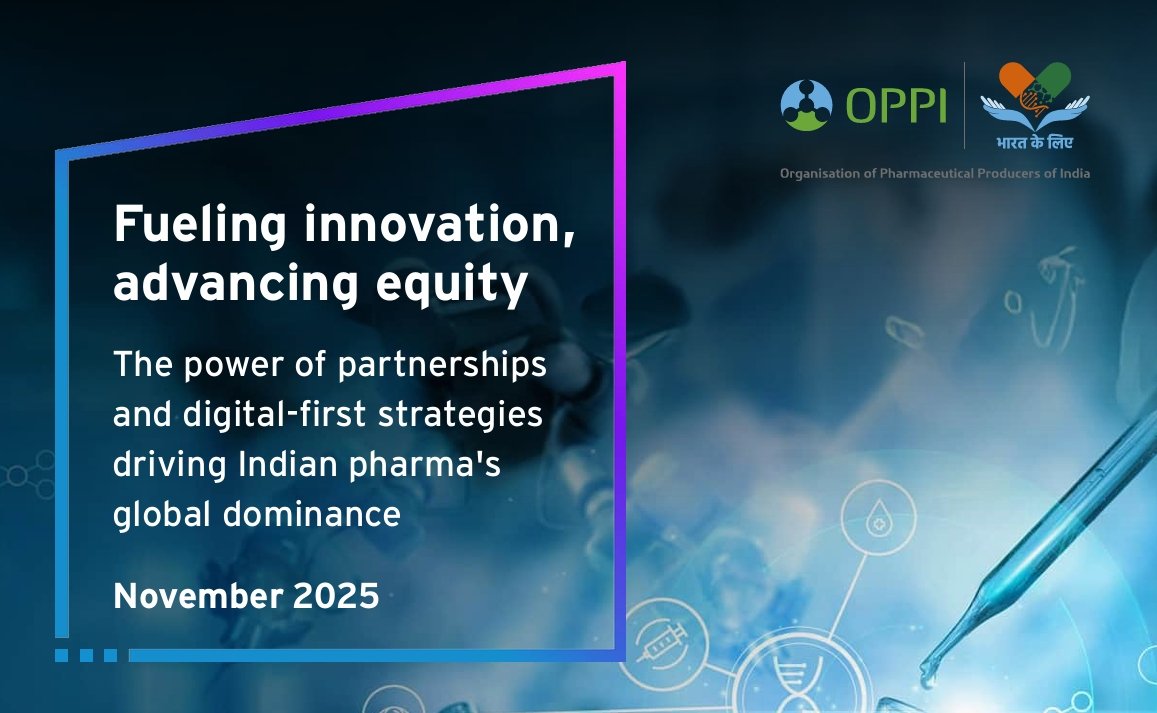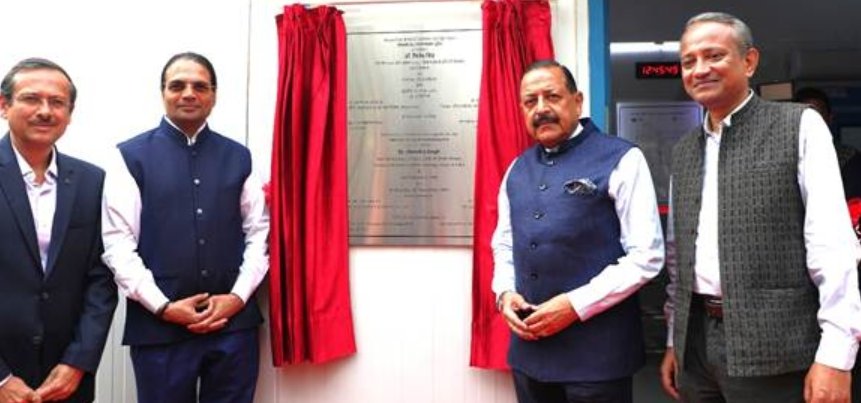What do industry experts say about 12th Plan outlay?
February 15, 2013 | Friday | Features
What do industry experts say about 12th Plan outlay?
Clockwise from top L-R: Dr Krishna Ella, CMD, Bharat Biotech, member of the Scientific Advisory Committee to the Prime Minister of India; Dr PM Murali, president, ABLE; and Mr KV Balasubramaniam, MD, Indian Immunologicals
The plan to double the public and private R&D expenditure in the 12th Five Year Plan period is a move in the right direction to sustain the tremendous momentum achieved in the past decade in various fields of science and technology. The science agencies have been in the forefront of promoting scientific excellence through proactive policies and reforms for achieving the desired positive impact on the society.
Modifications that can be addressed as we go forward:
Without doubt it is a visionary and aspirational document; however, the plans outlined by the funding agencies which are by and large a continuum of their ongoing mission to promote science and technology in the country with modifications going forward will make it formidable.
- —There is a need to address issues such as how to attract, retain and enhance teaching capabilities in the universities, where majority of the scientific talent is going to come from.
- —There is a need to correct regional imbalances by incorporating proposal to open new centers of higher education and national institutions in new regions where the local educational institutions can draw benefits in addition to the existing knowledge clusters.
- —We need schemes to recognize scientific talent in private R&D, considering private R&Ds are in the forefront of innovation; scientists in private R&D are not credited by anyone for their fundamental work unlike their academic counterparts.
- —There is redundancy in the new institutions proposed by the different public agencies; this needs to be closely studied before new institutions are set up.
- —A monitoring and assessment mechanism on how the deliverables expected from the different institutions outlined in the proposed grand schemes needs to be included.
- —The Regulatory authority (a single entity) should have permanent staff scientists of various disciplines (similar to that of USFDA and EMEA) dedicated to providing constructive criticisms, feedback and inputs for rapid regulatory clearances of the industry driven projects; temporary members nominated from the academic institutions into various regulatory committees are short on knowledge, commitment and further aggravate the bureaucratic processes required for clearances.
- A separate road plan and visionary statement is mandatory for the vaccine industry that is plagued by the lack of incentivisation, sustain business through tender-based institutional sales, not a single agency has outlined a plan for the vaccine industry to offset competition in unregulated markets as well as to counter competition from MNCs.
Even though there are certain intrinsic problems, programs like INSPIRE (DST), BIRAP (DBT) and Public Private Partnership Policy initiation of Scientific Advisory Committee of Union Cabinet (Dr Chidambaram) are definitely forward thinking in our Scientific Policy Decision during this five years.
- Dr Krishna Ella, chairman and managing director, Bharat Biotech, member of the Scientific Advisory Committee to the Prime Minister of India
ABLE is pleased to note that the emphasis on developing the S&T skills of India are being taken seriously and that the proposed 12th Five Year Plan outlay for DST, DBT and DSIR is expected to increase by 150 percent to approximately Rs 52,000 crore from the Rs 20,500 crore spent in the 11th Plan. Most of the initiatives of the three departments are well thought off and if all goes as per that it will certainly lead to a significant improvement in the Innovation index of India. In the last Plan, approximately Rs 6,000 crore of the total outlay of Rs 26,400 crore has been shown as underutilized and ABLE hopes that in the current Plan, the entire sum of Rs 52,000 crore is utilized.
For planning, it is very important that the parameters used for judging progress are clearly defined, understood and grounded in reality. To establish a performance observation system in science is a commendable approach. The proposal to set up a NLSRC by the DBT is a welcome suggestion since such a center would help speed up the process of innovation in SMEs. In a situation, where the government would like to increase the GDP spent on R&D from 1 to 2 percent with 1 percent contribution from the private sector, the private sector would also need parity to access R&D funds if the equation would have to strike a balance.
For the human resources development or the innovation/incubation centers it would be perhaps worthwhile to consider one body across the three departments instead of spending resources in parallel efforts.The goal of India to have its pharma industry reach $60 billion by 2017 (five percent of the global market) and $100 billion by 2020 is an aggressive one. This will be achievable by aggressive and outward looking policies since it will be achievable only if the exports are about 40 percent (Rs 130,000 crore) in 2017 of the total manufactured.
One important component of the $1200 billion global market in 2017 will be the biologics that are growing at a fast pace. By 2017 they should be worth approximately $250-270 billion and about $350 billion by 2020. India's aim should be to capture at least five percent of the global biologic market by 2017 and 10 percent by 2020 that translates to about $12.5 billion by 2017 and $35 billion by 2020. This will require a totally new mind-set since the production of biologic requires an ecosystem that is several notches above the generic chemical production methods in terms of skills, machinery, regulations, QA and QC. It will require a heavy initial investment that is as yet not possible for Indian companies. The national governments of several countries have stepped on their efforts in supporting their private sectors and have leapt ahead. China, Malaysia, Singapore and Korea are on an overdrive to capture the obvious near to mid-term opportunities. Sensing a better local support several Indian companies have set up or are planning facilities in such countries.
To draw the attention to this situation ABLE has submitted a set of recommendations and hopes that the government of India takes it seriously since biologics is a national imperative and ABLE feels that it needs to be on the fast track and be treated as a national mission.
In the past a lot of research happening in the public sector institutes was found to more academic. Efforts of the public sector need to focus on basic sciences and the efforts of the private need to focus on adapting and taking it to the market. Thus some mechanism needs to be worked out where duplication of effort or wasting resources on doing activities best done by other organizations needs to be avoided.
- Dr PM Murali, president, Association of Biotechnology Led Enterprises
(ABLE)
Prime Minister, Dr Manmohan Singh said that the 12th Five Year Plan will enhance spending on health up to three times and that more medical and nursing colleges were needed to overcome a shortage of trained human resources in the sector. He also expressed that generic medicines would be dispensed free of cost in public hospitals and dispensaries across the country.
Some of the key aspects of 12th Plan that are worth mentioning from the point of Indian Immunologicals (IIL) include: strengthening research infrastructure; efficient research governance and regulatory framework; establishment of "Biotechnology Regulatory Authority of India" and "Veterinary Drug Control Authority".
However, notwithstanding the intent, industry, especially the vaccine industry, has not yet delivered any new vaccine except Japanese Encephalitis (JE) in human health. Especially when the country badly needs vaccines for several vaccine-controllable diseases, the speed of delivery is well short of expectations.
- —The 12th Plan would expand the current level of scientists and researchers to three fold and therefore would demand higher level of absorption by the industry. If industry does not expand accordingly, then India will lose cream level talent.
- For industry to expand, it is important that the 12th Plan has to support both funding and regulatory affairs. So far, regulatory support in both human and animal health has been abysmally low, although regulatory agencies are in place.
- The objective of "Biotechnology Regulatory Authority of India" and "Veterinary Drug Control Authority" is to have focused approach and hasten up regulatory mechanism in the respective fields and reduce bureaucratic lead times. These agencies were to be established in 11th Plan itself. This must be implemented.
- Working group of DBT suggested discovery-led innovations and strategy investments in priority sectors including vaccines, biopharmaceuticals and diagnostics. However, it should be backed by regulatory support. For the industry to sustain, some of the below mentioned important factors have to be taken into consideration in order to generate more resources for reinvestment and yet, deliver affordable products and services.
- Clear cut time frame for regulatory clearances in priority sector, especially products used in national disease control programs, both in human and animal health.
- Government should take steps to support industry in capacity building, help access international regulatory clearances.
- Domestic manufacturers should be given priority in national disease control programs.
- Infrastructure development such as cold chain delivery system, surveillance and monitoring to effectively carry out disease control steps in both human and animal health. Restrictions on animal movement, regulations and control mechanisms to effectively control diseases related to animal health.
- In the Rs 31,560 crore budget for animal health in the 12th Plan, provision for the above infrastructure is
important.
- Mr KV Balasubramaniam, managing director, Indian Immunologicals


